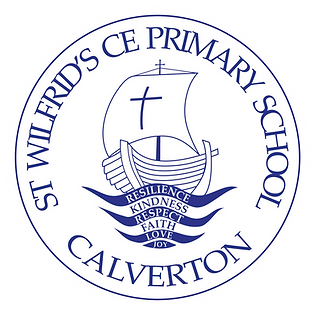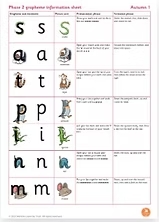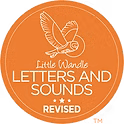English
Intent
Writing:
At St Wilfrid's, we aim to cultivate a love of language among pupils by using a high-quality, text-based approach to teaching writing and vocabulary development. We intend for students to understand the purpose of writing, see themselves as authors, and recognise writing as an important tool for learning and communication in different contexts. Our goal is for pupils to become lifelong learners who use writing to express themselves effectively in various situations.
Reading & Phonics:
Reading is seen as a vital life skill, and our intent is for all children to succeed in it. We prioritise reading in our curriculum, ensuring that children develop strong phonics skills through systematic teaching, starting in the Foundation Stage with the Little Wandle Letters & Sounds Revised program.
Implementation
Writing:
We teach daily English lessons incorporating a blend of whole-class and group teaching methods. Writing instruction is linked across the curriculum, often incorporating Geography, History, and Science, with a focus on applying grammatical knowledge and writing composition to these subjects. Pupils are exposed to a variety of writing genres throughout the school year, ensuring they develop a broad range of writing skills. Writing outcomes are formally assessed three times a year, and personalised targets are set based on these assessments to address students' individual strengths and weaknesses.
Reading & Phonics:
In the Foundation Stage and Year One, we implement the Little Wandle Letters & Sounds Revised phonics program. This structured approach continues into Year Two, where children participate in guided reading sessions using the Little Wandle Fluency Programme. Pupils are regularly assessed to monitor their progress in phonics, with the Phonics Screener used to assess Year One students at the end of the year.
Impact
Writing:
The impact of our writing instruction is reflected in students’ ability to produce extended writing that is not only grammatically sound but also connected to the knowledge they’ve gained across different subjects. By the time students reach Year Six, they will have developed a wide range of writing skills across different genres, and their writing will be purposeful and self-directed. Personalised targets and regular assessments ensure that students continue to make progress toward achieving the Expected Standard.
Reading & Phonics:
The impact of our phonics and reading programs is evident in students' fluency and comprehension skills. By the end of Year One, children will have the phonics knowledge necessary to pass the Phonics Screener, and by Year Two, they will have developed fluency in reading through guided reading sessions. Through this strong foundation in phonics, children are better equipped to become confident and independent readers.


